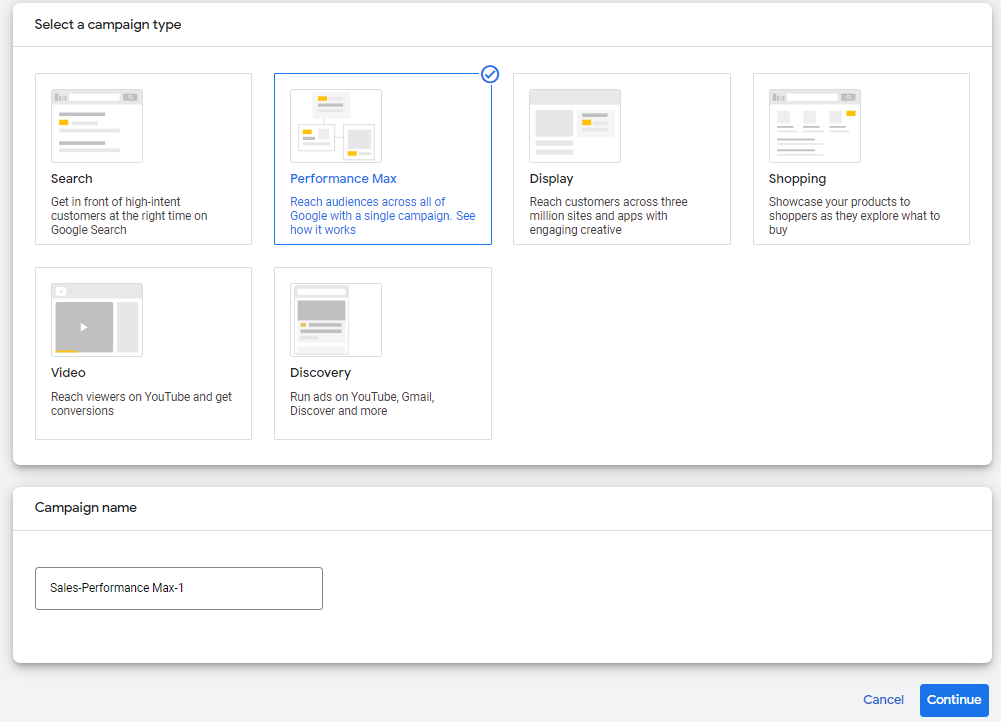Much ado about something
A couple of weeks ago we were lucky enough to attend Hero Conference in London, always a stellar opportunity to keep up on the latest Search trends and developments, network with fellow professionals and equally important: make common cause regarding the often unpredictable changes in Google, sharing ideas and tips. One topic that was much commented upon during this edition of Hero Conference, was presented by Luke Milbourn as he explored challenges presented by the “close variants” that are starting to appear in our search term reports.
What exactly has changed?
Everything. In other words, the manner in which Google identifies new keywords, based on keywords already in our campaigns, has shifted.
Until recently, we’ve weathered match type changes successfully, which were advantageous as we had three match types (really four, for the purists) that allowed us to play with campaigns and structure with an eye on return (exact) or growth (broad). But this has gone a bit pear-shaped with the first (and unexpected) change to exact match type.
Basically since September of 2019, we can no longer be sure that having our keyword in exact match is going to activate searches identical to the keyword. How’s this, you ask? Simply put, Google is now lending us mere mortals a hand by expanding the “range” of our chosen keyword to include other keywords that *may* have the same meaning. Or not. You can imagine the surprises we encounter when looking at the searches that have activated our campaigns through Exact Match.
But it doesn’t end there: since October, 2019 this same login is being applied to the rest of match types, broad and phrase, and so the plot, and the problem, thickens.
What shall we do now?
If we give in to panic, surely we’ll waste many hours putting loads of negative keywords into our campaigns, and our campaigns will crumble. Help, the end of Paid Search! Hardly. There is still hope.
During his presentation, Luke Milbourn spoke specifically to this mis-match-type issue, sharing some highly useful scripts, in an effort to help us regain control over our keywords and performance. Now, this requires a shift in mentality when it comes to how we manage Google Ads, but it can be done.
Script usage:
- Identify “good” keywords from now on. Especially, with a focus on keyword length and ability to cover the searches we need covered, the Smart N-Gram Script will be of great assistance.
- Negativise without cannibalising our searches, can be facilitated with the Dispersion and Match-Missplaced based script.
Of course, that is not everything; over time, campaign structures based on match types will stop making sense, and we will have to use match type jointly, not independently, to ensure that these changes don’t have an excessive impact on our campaigns. A campaign structure that is orderly, based on topics / themes will likely be a better option moving forward, so as to not get bogged down in negativising loads of terms week after week.
It is time to start thinking about reorganising your campaigns structures as soon as possible, and think about what option best suits your campaigns and your management style. It will not be easy, and it will take time, but it is fundamental to future campaign success in Google Ads, friends.
More posts about: Increase brand awareness







